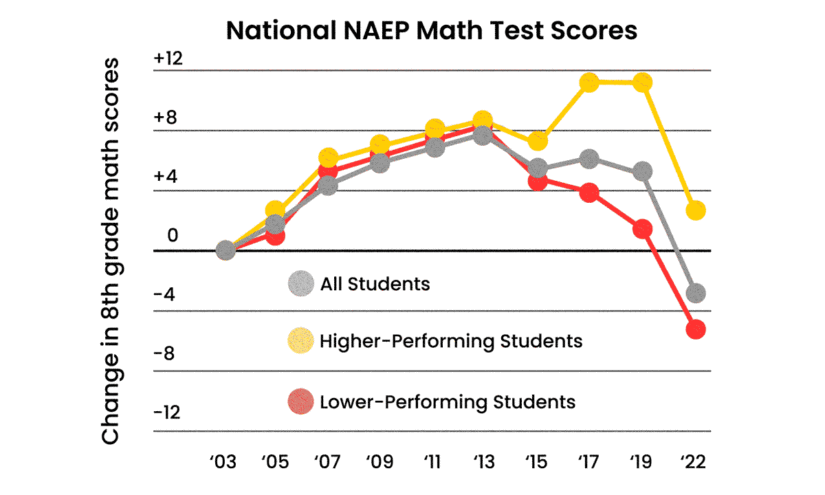Insufficient sex education leaves young people vulnerable to 'predators,' say abuse survivors.
Advocates for campus safety warn that opposing comprehensive sexuality education, such as Senate Bill 1979, increases students' vulnerability to abuse. The group Enough is Enough criticized misinformation surrounding the bill, which aims to prevent adolescent pregnancy, as harmful to teenagers lacking sexual health knowledge. Supporters assert the curriculum is contextually appropriate and necessary for protecting minors from harassment and abuse.

Advocates Stress the Importance of Comprehensive Sexuality Education Amid Controversy
The debate over Senate Bill 1979, also known as the Prevention of Adolescent Pregnancy Bill, has sparked intense discussions across the Philippines. At the heart of the controversy is the issue of comprehensive sexuality education (CSE), a key component of the bill that aims to equip young people with the knowledge and skills to make informed decisions about their sexual health. While advocates argue that CSE is essential for protecting children and adolescents, critics claim it could expose them to inappropriate content, creating a polarizing national conversation.
The Case for Comprehensive Sexuality Education
Advocates for campus safety, including the group Enough is Enough, have been vocal in their support for CSE. Formed in 2022 by survivors of sexual abuse in schools, the group has highlighted the dangers of opposing sex education under the guise of "protecting children's innocence." According to spokesperson Kate Leonor, the lack of proper sex education leaves students vulnerable to exploitation and abuse. "Gaps in sex education mean that many young people are unaware of how to protect themselves from harassment and exploitation," Leonor stated.
Human Rights Watch has echoed these concerns, emphasizing that CSE is a critical tool for preventing unwanted pregnancies and sexual abuse. The organization has pointed to evidence showing that young people who receive accurate, age-appropriate information about sexual health are better equipped to make safe and responsible choices.
The Controversy Surrounding Senate Bill 1979
Despite its goals of reducing adolescent pregnancies and promoting sexual health, Senate Bill 1979 has faced significant opposition. Critics, including former Chief Justice Lourdes Sereno and conservative groups, argue that the bill could expose children to explicit content. These concerns are based on perceived similarities between the bill’s provisions and international guidelines from organizations like UNESCO and the World Health Organization (WHO).
President Ferdinand Marcos Jr. has weighed in on the debate, stating that he would veto the bill if passed in its current form. This stance has further fueled the controversy, with opponents citing the need to protect cultural and moral values.
Refuting the Misinformation
Supporters of the bill, including its author Senator Risa Hontiveros, have refuted the allegations of inappropriate content. The Department of Education (DepEd) has also clarified that the proposed curriculum is tailored to local contexts and does not fully adopt international standards. Instead, it focuses on providing medically accurate, culturally sensitive, and age-appropriate information to students.
Comprehensive sexuality education, as defined by UNESCO and WHO, is designed to address a wide range of topics, including consent, bodily autonomy, reproductive health, and gender equality. Far from promoting explicit content, CSE aims to empower young people with the knowledge and skills to navigate relationships and protect their well-being.
The Broader Implications
The debate over Senate Bill 1979 highlights the challenges of implementing progressive policies in a culturally diverse society. While the bill’s opponents raise valid concerns about preserving cultural values, advocates argue that these should not come at the expense of young people’s safety and education.
The United Nations has urged the public to verify information about CSE, emphasizing that misinformation can undermine efforts to protect children. Studies consistently show that high-quality sexuality education leads to positive outcomes, including delayed sexual activity, reduced rates of teenage pregnancy, and improved understanding of consent and healthy relationships.
Moving Forward
As the debate continues, it is clear that the stakes are high. For advocates like Enough is Enough, the passage of Senate Bill 1979 represents a crucial step toward creating safer and more informed communities. By addressing the root causes of adolescent pregnancy and sexual abuse, the bill has the potential to transform the lives of countless young people.
At the same time, the controversy underscores the importance of open dialogue and collaboration. Policymakers, educators, and community leaders must work together to address concerns, dispel misinformation, and ensure that the curriculum reflects the needs and values of Filipino society.
In the words of Kate Leonor, "Protecting children means giving them the tools to protect themselves." As the nation grapples with this complex issue, the hope is that a balanced and evidence-based approach will prevail, paving the way for a brighter and safer future for the next generation.
What's Your Reaction?












/https://tf-cmsv2-smithsonianmag-media.s3.amazonaws.com/filer_public/54/66/546650fa-26a4-40fd-8d6d-5a7a04540f81/rosetta2.png)
:max_bytes(150000):strip_icc():focal(999x0:1001x2)/robert-prevost-050825-1-39395418ab494da5a3a700c9478e66c8.jpg)















































format(webp))
format(webp))

























